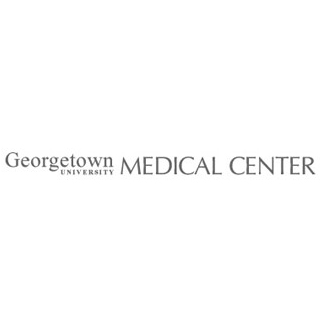
The safety and likely advantages of CERE-110 is apparently analyzed by the phase II study. CERE-110 may contain a gene which may be injected during surgery into a portion of the brain which may be apparently affected by Alzheimer’s disease. The gene may train brain cells to generate more of a protein, known as Nerve Growth Factor or NGF, which might aid nerve cells to survive and function properly. The shift of this gene into the brain is said to be a medical technique known as gene therapy.
R. Scott Turner, MD, PhD, director of Georgetown’s Memory Disorders Program, commented, “Our goal is to stop the progression of Alzheimer’s disease. This is our first study of a gene therapy injected into brain, and thus the trial requires close collaboration with our neurosurgery colleagues at GUMC, in particular Dr. Chris Kalhorn.â€
Turner mentioned that Kalhorn, who is an associate professor of the department of neurosurgery at Georgetown University Hospital, may regularly conduct neurosurgical procedures akin to the one being used in this study.
In this study, about 50 people with Alzheimer’s disease may take part in apparently less than 10 hospitals all over the nation. It may be seen that only people who have mild form of Alzheimer’s disease, who may be assessed and considered competent to consent for themselves, may be allowed to play a part in the study. The study apparently needs every patient to choose a study partner for the length of the study.
Each patient in the study may supposedly have to go through surgery to drill two minute holes in the skull. Apparently only those patients who were haphazardly allocated to receive CERE-110 may supposedly have the gene therapy injected into the brain. Those participants who were claimed to be randomized into the placebo group may perhaps not have the gene therapy injected.
This study is believed to be a phase II, double-blind, placebo-controlled study.
